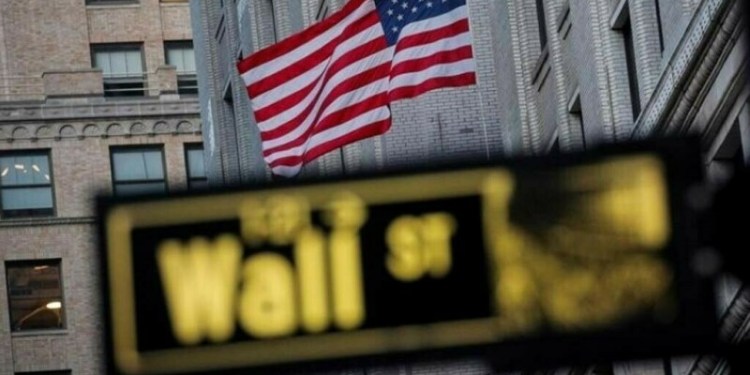Ukraine’s economy minister abruptly tendered his resignation Wednesday saying overwhelming corruption had stifled his efforts to push through measures essential to getting growth back on track in the cash-strapped country.
Aivaras Abromavicius’s shock departure laid bare divisions within the pro-Western government of President Petro Poroshenko and highlighted the uphill battle the former Soviet nation faces in enacting the necessary changes to join the European Union.
“Today, I made the decision to submit my resignation from the post of minister of Ukraine’s economic development and trade,” the Lithuanian-born minister told reporters in Kiev.
“The reason is the sharp escalation in efforts to block systemic and important reforms.”
Abromavicius and Finance Minister Natalie Jaresko were both appointed in December 2014 as part of Poroshenko’s efforts to bring new blood into the war-shattered country’s attempts to return to growth.
Reacting to his resignation Kiev’s US Ambassador Geoffrey Pyatt tweeted that Abromavicius was “one of the Ukrainian government’s great champions of reform… and a believer in the future Ukraine’s people deserve.”
“Abromavicius’s announcement is a worrying signal for foreign investors,” Concorde Capital economist Oleksandr Parashchiy said.
The resignation comes in the midst of growing parliamentary displeasure with Poroshenko’s cabinet and infighting between political interests tied to powerful business tycoons.
– ‘Can’t work in this system’ –
Abromavicius alleged that unnamed powerful figures were “trying to establish control over financial resources — first and foremost those of the Naftogaz (state oil and energy company) and the defence industry.”
“I refuse to work in such a system,” the 40-year-old former banker said.
“I and my team are not ready to provide cover for the restoration of old — and the creation of new — schemes (built) in the interests of particular political and business players.”
The graft-riven country of about 40 million has been one of Europe’s worst economic performers since winning independence in 1991.
A January report by Transparency International showed Ukraine ranking 130 out of 168 countries and territories surveyed for its 2015 Corruption Perceptions Index (CPI (Other OTC: CPICQ – news) ).
Initial government estimates show Ukraine’s economy shrinking by 10.4 percent of gross domestic product last year.
Abromavicius’s resignation must still be approved by parliament at a meeting on Thursday.
Poroshenko himself failed to mention his minister’s decision during brief remarks devoted the appointment of a new regional governor.
– Bitter rivalries –
Some of Kiev’s more acrimonious battles have been waged between billionaires linked to Poroshenko and those of Prime Minister Arseniy Yatsenyuk — a hawkish leader who delivered passionate speeches atop barricades during Ukraine’s 2014 pro-Western revolt.
Yatsenyuk and Poroshenko were seen as allies in the heady days that followed Ukraine’s break from Russia’s historic embrace.
But bitter rivalries have since surfaced and Yatsenyuk’s own place in the government no longer suits some of the more outspoken members of the president’s team.
Mikheil Saakashvili — a former Georgian president who fought a brief 2008 war with Russia and currently serves as governor of Ukraine’s historic Odessa region — said he spoke to Abromavicius on Tuesday and knew that something was wrong.
“Aivaras and I both work on the council of state enterprise reforms,” Saakashvili wrote on Facebook (NasdaqGS: FB – news) .
“And I would like to confirm that all our initiatives aimed at changing the leaders of state enterprises are being blocked personally by the prime minister at the suggestion of Igor Kononenko,” he claimed.
Saakashvili is a close ally of Poroshenko.
Kononenko is deputy head of Poroshenko’s party and known in the Ukrainian media as a “grey cardinal” who implements the president’s political will.
His alleged ties to the prime minister underscore the complexities of Ukraine’s shaky ruling elite.



























